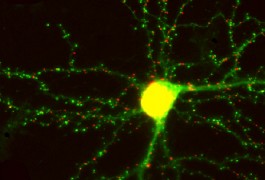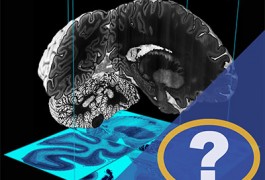Folding mat reveals motor deficits in severe autism
Using a portable mat embedded with pressure sensors, researchers have shown that adults with severe autism walk more slowly than controls do. The results were published 20 May in Frontiers in Integrative Neuroscience.
















